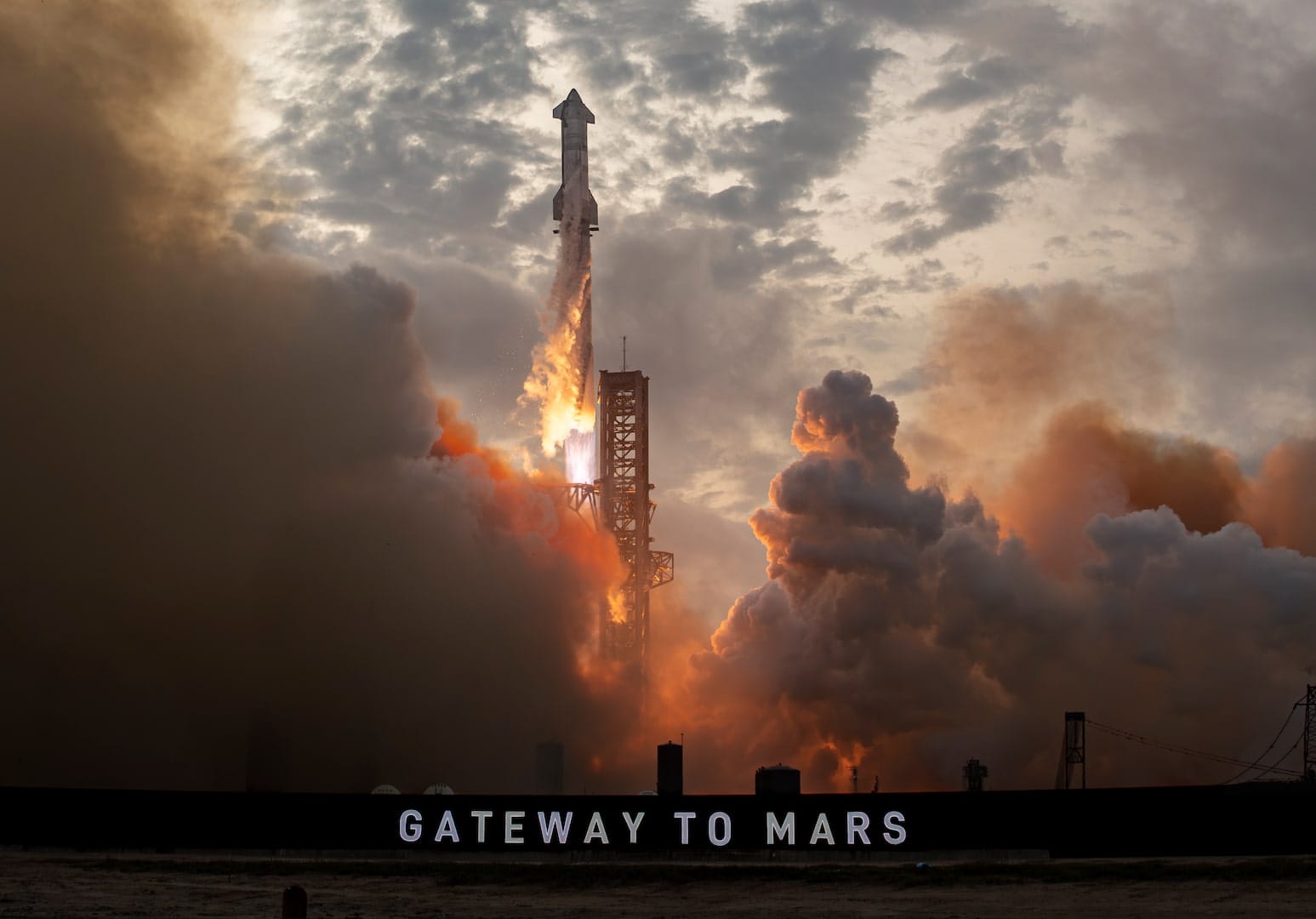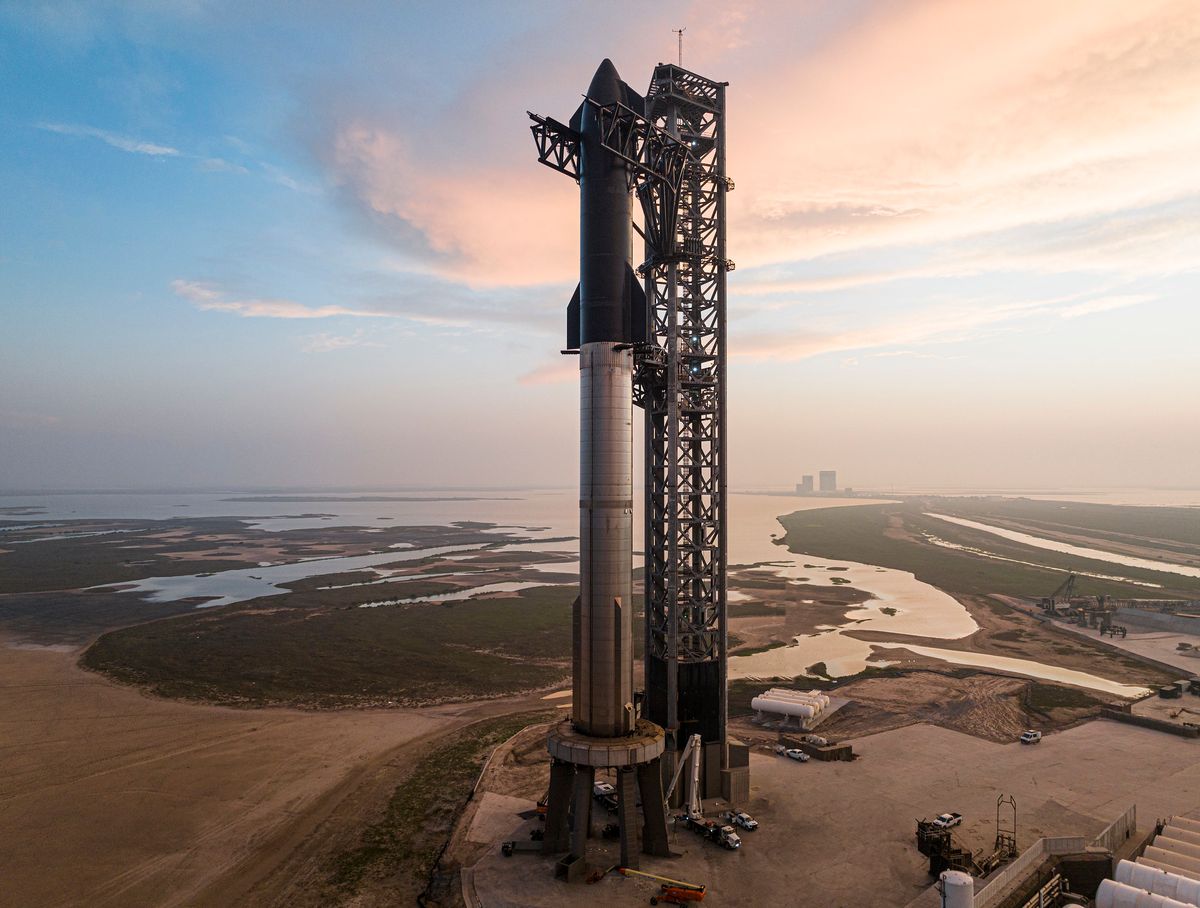
🚀 Starship takes another step forward, reaches orbit velocity
SpaceX's revolutionary new spacecraft, Starship, took another step forward in its latest test flight. For the first time, it reached orbital velocity.
Share this story!
SpaceX took another step forward in the third test of their new giant rocket, Starship. It reached the speed required to orbit the Earth.
SpaceX chose not to keep it in orbit but to instead test landing. After a while in the thicker atmosphere on the way down, control of the spacecraft was lost, and it exploded. But the descent gave us a video like we've never seen before.

Eric Berger at Ars Technica explains:
"Starlink terminals on the ship were sending signals to satellites in low-Earth orbit, which then sent them back to Earth. This is not a new idea. For the last 40 years, NASA has used a small constellation of Tracking and Data Relay Satellites to communicate with spacecraft, beginning with the Space Shuttle.
Starship was able to communicate with these satellites upon its reentry, but it was only at a low data rate, and it dropped out as the plasma thickened. The Starlink connection remained longer and is what enabled the stunning video of reentry."
A step forward
SpaceX obviously didn't make it all the way. The first stage of the rocket exploded a few hundred meters above the platform in the sea, which it was intended to land on. Also, the Starship itself exploded upon reentry. But now they have a spacecraft that makes it out into space and into orbit. Another clear step forward.

When they succeed, we reach a new era
Starship is the first spacecraft built like an airplane. Not in form, but in function: Start, land, refuel, go again. The goal is to be able to do it almost as quickly as an airplane.
Then the cost of reaching space will drop dramatically:
"A handful of years ago, it cost about $10,000 to send up a kilo into space. SpaceX's Falcon 9 rocket can land and be reused. But not the whole rocket, and it takes months before the same rocket flies again. Despite that, it has brought the price down to about $2,500 per kilo.
Starship could, over time, press the price down to $10 per kilo.
From $10,000 to $10. A thousandth of the cost."

Mathias Sundin
The Angry Optimist
By becoming a premium supporter, you help in the creation and sharing of fact-based optimistic news all over the world.



